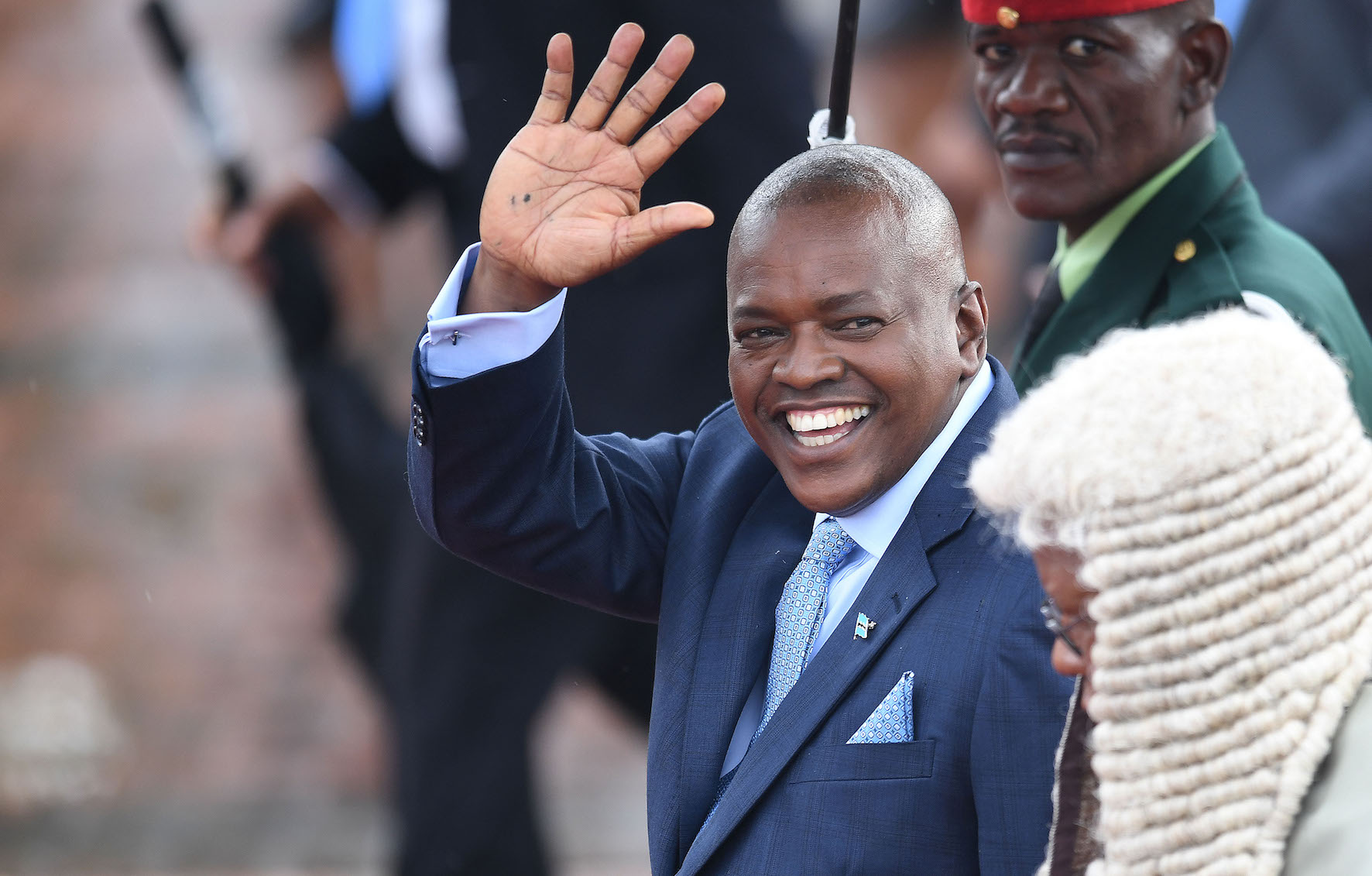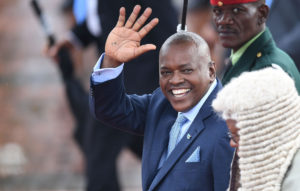
Botswana’s President Mokgweetsi Masisi, who was sworn in for a five-year term this weekend, promised, in his inaugural speech, to drive a transformation of Botswana’s economy, creating more jobs and countering excessive dependence on diamonds that threatens to knock it off course.
He said Botswana would move from a minerals-led to a knowledge-based economy, and the government would implement reforms to make its products and services more competitive on the global market.
Botswana, a landlocked country of 1.8 million people in southern Africa, had the highest per capita growth rate in the world for more than three decades after its independence in 1966. The bulk of this growth was fueled by diamonds, which were discovered in the early 1970s.
Botswana has so far avoided the pitfalls of the so-called resource curse, in which developing nations, rich in natural resources—such as Nigeria—squander their gains. For over half a century, the country has been an island of peace and stability in a stormy regional sea.
But its economic strength still overwhelmingly rests on diamonds. Diamond mining represented roughly one third of gross domestic product over the past decade.
The country’s diamond resources will be depleted in roughly twenty-five years, and unless the economy diversifies, gross domestic product (GDP) will fall as much as a quarter after 2021, says the International Monetary Fund (IMF)

